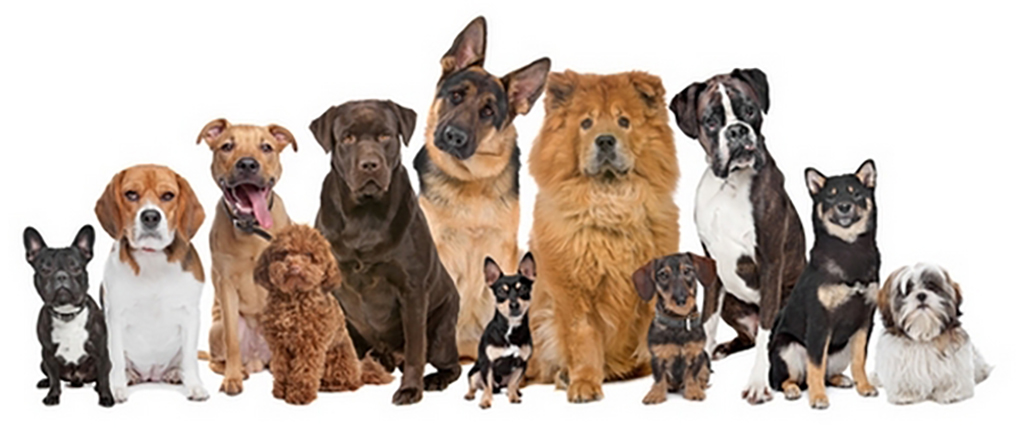
How our mistakes of our everyday life affect our dog’s psychology
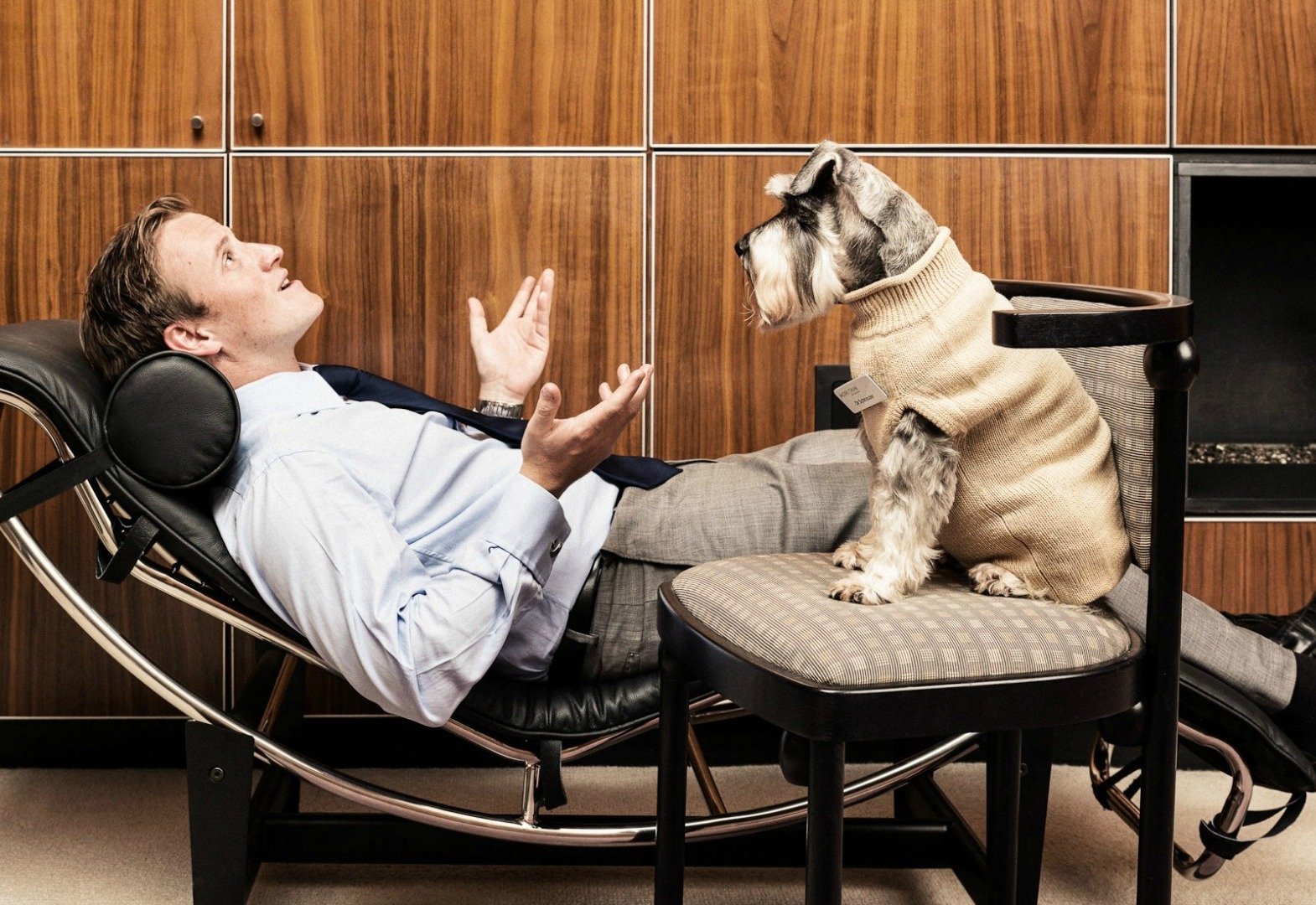
While living our everyday life together with our dog, we make a plethora of mistakes, either consciously or unconsciously, which we may perceive as insignificant mistakes.
The question is: how insignificant are these mistakes really and what impact do they have on our dog’s psychology?
The Dog’s Pack-nature and a stable schedule.
Probably the most important mistake that people do is to isolate the dog from his pack-nature.
How many times did you witness cases in which dogs have been isolated in balconies, terraces or yards?
Unfortunately, numerous times…
It appears that many of us forget the fact that although the dog’s anthropocentric nature makes him loyal to us yet, it also makes the dog dependent on us.
What does that mean?
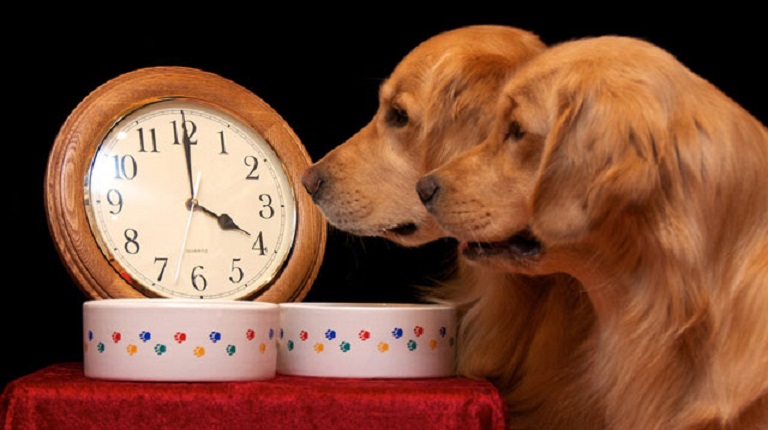
It means that before we decide to buy a dog we should carefully consider things such as a dog’s pack-nature, the dog’s needs and our responsibilities towards an intelligent, a conscious and a deeply sensible creature.
Again, what does that mean?
Unfortunately, a great number of dog owners falsely believe that following a specific schedule is nothing but an exaggeration, and that the dog should adjust to the owner’s agenda.
As a consequence the timetable of feeding hours, playtime, training, walk (aka stroll) and relaxing is completely messed up.
Now consider this: how would you guys feel if you would have to follow an ambiguous pattern in your everyday life? Most probably feelings such as stress, exhaustion, insecurity and clampdown would accumulate inside you.
What is more, and compared to you, the dog’s position is even worse due to the fact that on the one hand, the dog cannot talk to you through words (hence, telling you straight up what you guys are doing wrong) and on the other hand, it is in his nature to follow a specific and a uniform routine.
How to correct the mistake:
First, create your own daily program based on your work responsibilities and so forth. Once you have established that add to your schedule sections which will include your dog’s training sessions, feeding times etc. In this way you will create an agenda that will be able to bridge your needs and your dog’s needs. Finally, after you have shaped your agenda follow it! This will allow your dog to gain a level of awareness about his daily routine…
For more click here: Buying a Dog for the First Time
Another thing to consider is boundaries.
If correctly done, boundaries help us to clarify to the dog what is acceptable and what not, it provides the dog with rules that he can adjust to and also helps us to shape a form of communication with our “four-legged” friend.
On the other hand, if boundaries are not established than the dog will become confused, disorientated and our relationship may be disordered; not to mention the fact that the dog’s pack-nature might kick in and the dog may question your authority.
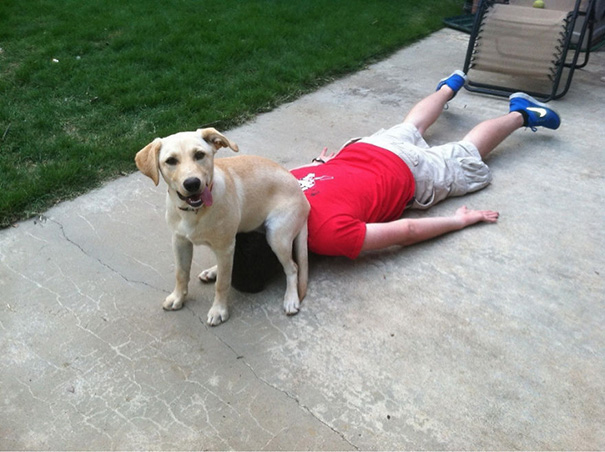
How to correct the mistake:
Follow various training programs, and patterns, which will allow you to: a) clarify to your dog that you are the leader of the “pack”, b) since the dog will know the boundaries (aka rules) he will be able to adjust to them and c) from a psychological standpoint, the dog will become balanced.
For more click here: Dog Training
Another mistake that people make can be termed as anthropomorphism.
Usually this is the case by which people mistakenly consider that a dog’s priorities are the same as the priorities of a human being. In other terms, it means that dog owners prioritize things that for a dog may not be so important.
For instance, the dog’s priorities are safety first and then comfort.
However, what usually is observed is that people allow a dog to have a place on their beds (thus, comfort) yet, they neglect to provide a dog with his own space (aka a box, a park or a crate; thus, safety).
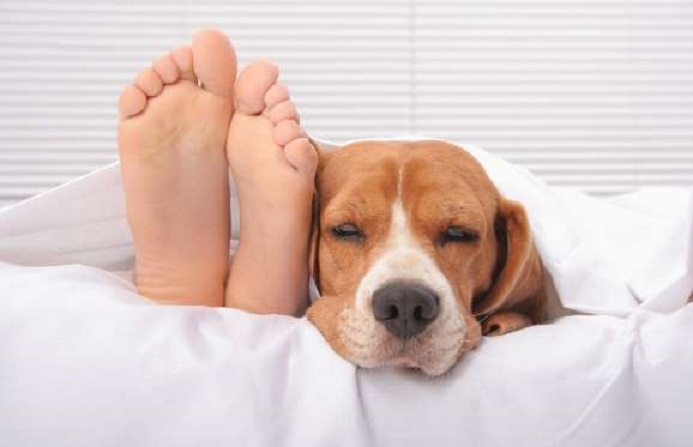
To understand the above proposition better, referring to the notion of what a dog considers safe, think about it like this: during an earthquake or when hearing a sudden loud sound, the dog’s survival instinct, will push the dog to hide behind a couch or under your bed. If on the other hand you provide your dog with his own space (ie. a crate) then, in such cases, you will see that your dog most probably will run inside his crate.
The point is that like humans, who need their own private space to relax and to feel comfortable, your dog as well requires his own space to feel comfy.
How to correct the mistake:
Create for your dog a space that he can call his own; a place which he can withdraw to and which also will form his safe-zone. Moreover, from a psychological standpoint, the dog’s “own space” also acts as a resting place which allows the dog to eliminate any stress, exhaustion and insecurities; hence, your dog’s psychology becomes balanced.
For more click here: Dog Psychology
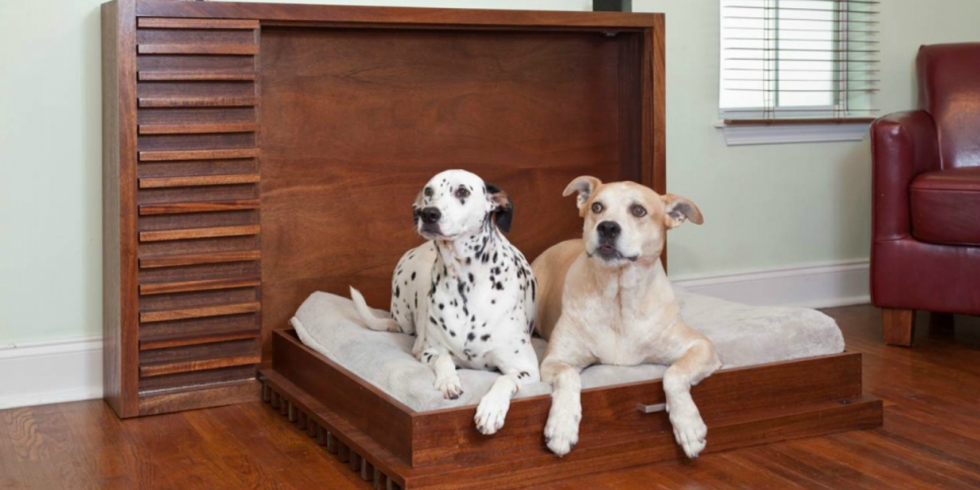
To conclude: by realizing the mistakes that we are making, and the impact that these faults have on our dog’s psychology, we will be able to address them accordingly; and by correcting these mistakes we will be able to (re-)discover our dog’s real needs and to build a lasting reciprocal relationship founded on harmony.
This will result in attaining a balanced relationship with our dog.
Finally, you can visit our website’s various sections for more detailed explanations about the topics that have been addressed in the present article.

So guys,
What do you think about "How our mistakes of our everyday life affect our dog’s psychology"?
Contact us and let us know… we will be looking forward to your emails…
For more articles go to our Brainstorming Section or click here: Brainstorming
Author: nikvas
Published: November 05, 2016
Written For: Dog Conspiracy
Moreover, if you wish to reproduce the article you are more than welcome to do so as long as you cite the source, which in this case is:
Site: Dog Conspiracy
Link: www.dogconspiracy.com
Author: nikvas and the Dog Conspiracy Team
Date: (the date you guys retrieved the article)
Our Mobile Application
Check out Our Mobile Application "Dog Breeds Central"
